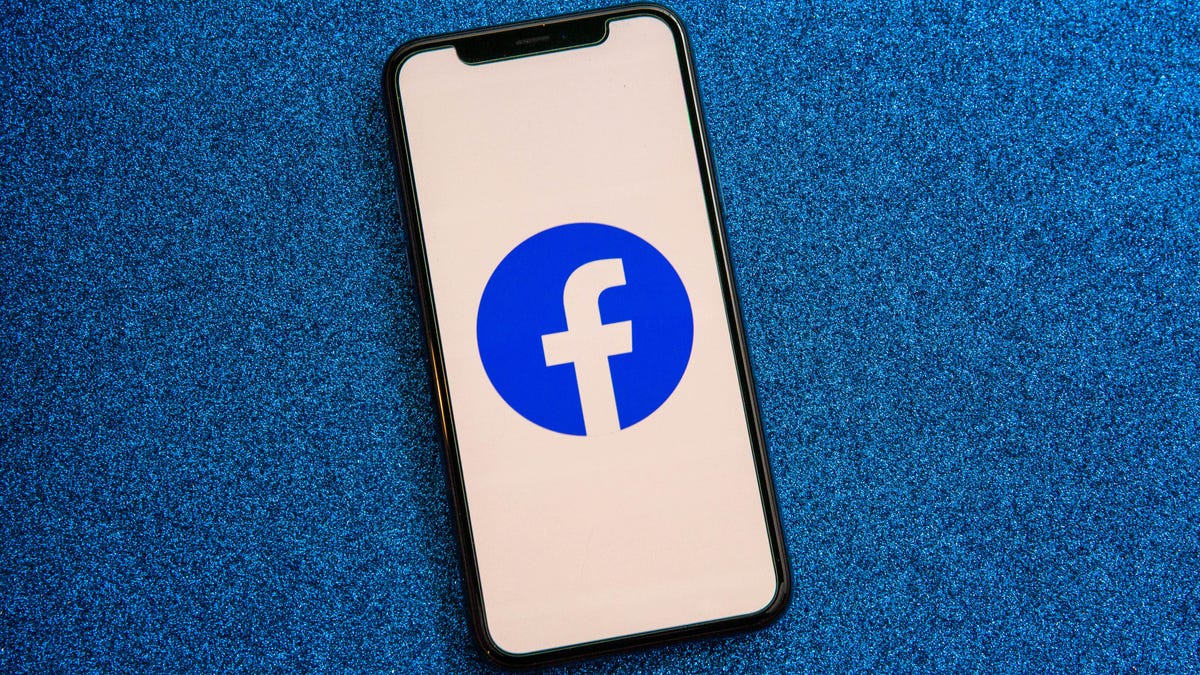FTC's antitrust complaint against Facebook dismissed by federal court
The opinion helped push the social network's market capitalization above $1 trillion.

Facebook has been under political pressure to spin off its photo service instagram and messaging app WhatsApp.
A federal judge dismissed on Monday lawsuits filed by the Federal Trade Commission and a group of state attorneys general that alleged Facebook had illegally squashed competition to hold on to monopoly power in social networking .
Filed by the FTC and most states last year, the two lawsuits accuse Facebook of buying rival social networks rather than competing with them as part of an effort to reduce competition. As a result, consumers have fewer choices in social networking, an environment that allows Facebook to benefit by gathering personal data from users, the FTC and states alleged.
The dismissal marks a major setback for the FTC. The agency will have 30 days to file an amended complaint. Unlike the FTC decision, the judge dismissed the states' entire case against Facebook.
US District Judge James Boasberg's opinions emboldened Facebook investors, who sent the company's shares more than 4% higher in Monday trading. Facebook finished the day with a market capitalization -- the value of all its shares combined -- of more than $1 trillion, giving it membership in an elite club that includes Apple , Microsoft , Amazon and Google-parent Alphabet.
In a legal document, Boasberg said the FTC hadn't provided enough evidence that Facebook has monopoly power in personal social networking, noting that what constitutes a social network is "hardly crystal clear." The judge also noted Facebook's services are free to consumers.
In a separate opinion Monday, the same judge dismissed a similar case against Facebook filed by 48 attorneys general, noting that the states waited years to legally challenge Facebook's acquisitions of photo service Instagram and messaging app WhatsApp . The acquisitions happened in 2012 and 2014, respectively.
Boasberg also said Facebook's practice of making it difficult for users to move their data to another service isn't illegal under antitrust law.
A Facebook spokesperson praised the judge's decisions to dismiss both lawsuits.
"We are pleased that today's decisions recognize the defects in the government complaints filed against Facebook," the spokesperson said. "We compete fairly every day to earn people's time and attention and will continue to deliver great products for the people and businesses that use our services."
The FTC said the agency is "closely reviewing the opinion and assessing the best option forward." A spokesperson for New York Attorney General Letitia James, who led the multistate lawsuit against Facebook, said it was also reviewing the decision and considering its "legal options."
Facebook has repeatedly pushed back against the idea that spinning off Instagram and WhatsApp would help solve its privacy and content moderation problems. The social network has been criticized for not doing enough to combat misinformation, hate speech and other offensive content along with failing to protect user privacy. The company has called actions to break up the company "revisionist history," noting that the acquisitions of WhatsApp and Instagram were cleared by the FTC.
The opinions come against a backdrop of growing concern over the power of Big Tech. Last week, a slate of bills aimed at curbing major companies advanced out of committee in the House of Representatives.

